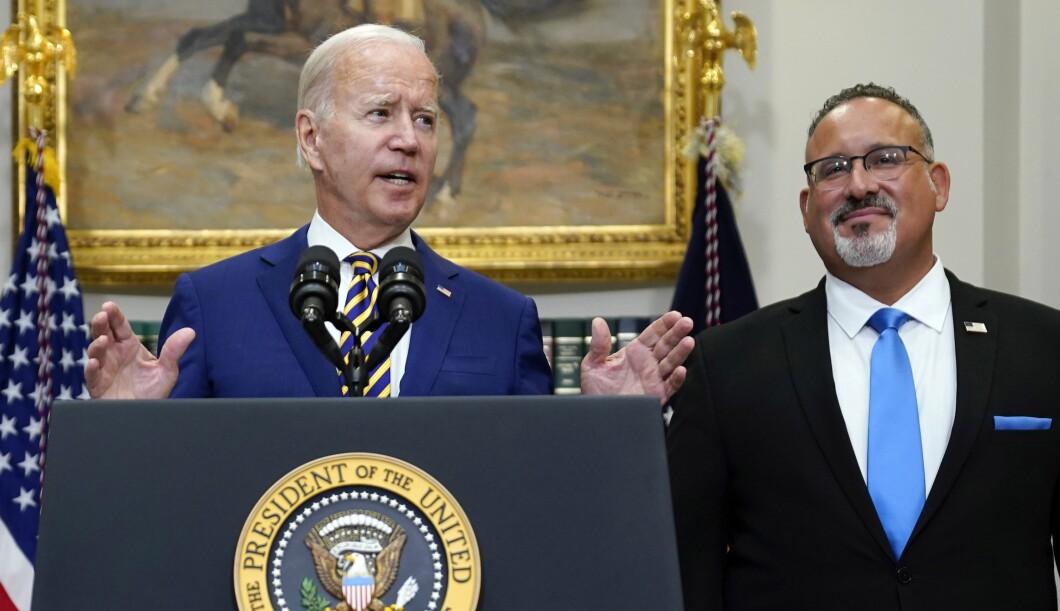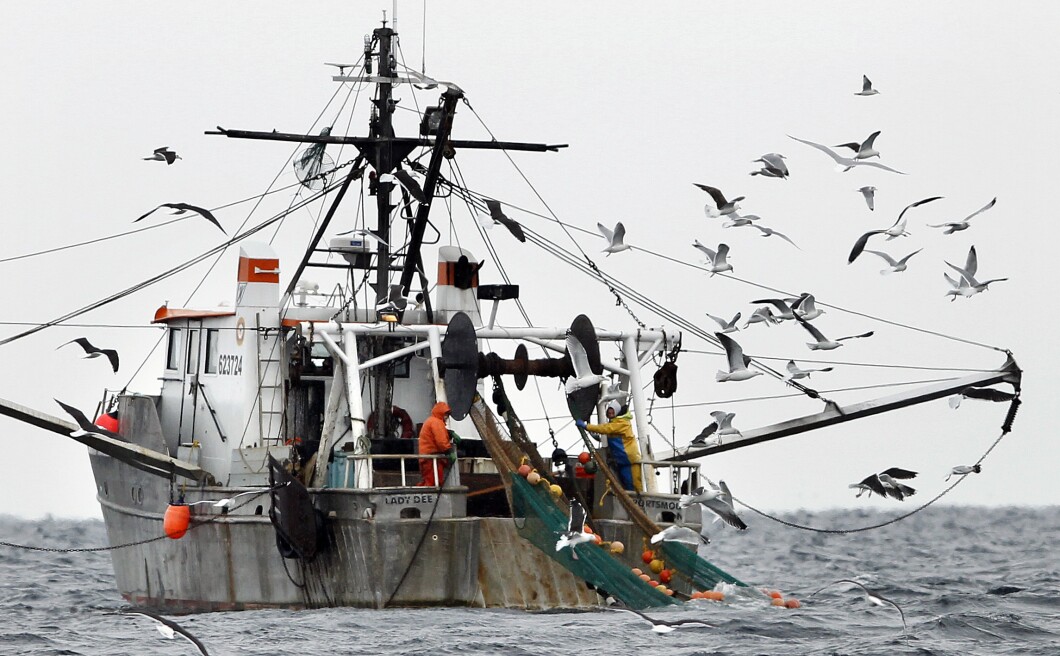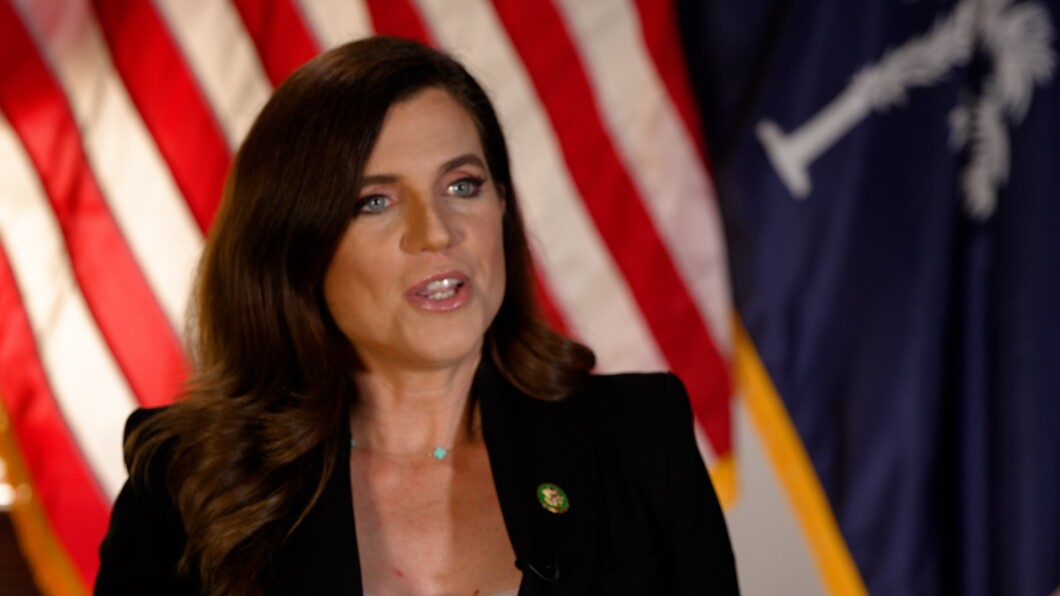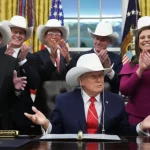
As the Supreme Court winds down from its explosive term, the justices have already promised to consider an array of cases this fall that will leave a lasting impact on legal precedent.
The justices on Friday issued two landmark decisions, one that overturned President Joe Biden’s plan to forgive up to $20,000 of student debt for individual borrowers and another that held laws compelling an artist to create messages that contradicts their beliefs violates the First Amendment. One day before, the justices banned the practice of affirmative action for college admissions.
CALIFORNIA REPARATIONS: WHAT NEWSOM HAS SAID AHEAD OF TASK FORCE’S FINAL PROPOSAL
Shortly after those decisions, the Supreme Court agreed to consider a Second Amendment case that challenges the scope of its landmark decision last summer that held gun regulations should be “consistent with this nation’s historical tradition of firearm regulation.”
Here is an overview of that case and four others that will define a fraction of the high court’s next blockbuster term when the justices return on the first Monday of October.
Do domestic violence offenders have a right to own guns?
The justices agreed to hear a Biden administration appeal in defense of a federal law that blocks people subject to domestic violence restraining orders from possessing a firearm.
A Texas-based man, Zackey Rahimi, is appealing his conviction of violating that federal law, arguing the Supreme Court landmark decision in New York Rifle & Pistol Assn. v. Bruen last summer means the federal law also violates the Second Amendment.
Rahimi was involved in five shootings around the Arlington area from late 2020 to early 2021. Police identified him as a suspect, used a warrant to search his home, and found a rifle and a pistol. They also found a copy of a restraining order issued against him in 2020 after a physical altercation with his girlfriend at the time.
The case is known as U.S. v. Rahimi.

Trademark dispute over Trump ‘small hands’ joke
The Supreme Court agreed to consider if a California attorney has a First Amendment right to trademark the phrase “Trump too small” for use on T-shirts mocking the former president.
The Biden administration asked the justices to uphold the U.S. Patent and Trademark Office’s rejection of attorney Steve Elster’s application because federal law doesn’t allow trademarks to use a person’s name without first receiving consent.
Elster said he sought the mark as a part of political commentary targeting former President Donald Trump. The phrase “Trump too small” stemmed from an exchange between Trump and Sen. Marco Rubio (R-FL) during a 2016 presidential primary debate.
The U.S. Court of Appeals for the Federal Circuit ruled against the trademark office in a February 2022 ruling, saying the denial violated Elster’s free speech rights under the First Amendment.
The Justice Department later asked the Supreme Court to take up the case, writing in court filings that the trademark office has consistently refused to register trademarks that incorporate the name of a living person absent written consent.
Justices agreed to take up the case known as Vidal v. Elster for the fall term, and it will likely be heard by the full court before January.

Can Biden tax the rich?
The justices will also consider a tax case that could put the fate of the Biden administration’s “wealth tax” and other future tax proposals in jeopardy.
The case challenges the “mandatory repatriation tax” as a violation of the 16th Amendment. If found unconstitutional, it could pump the brakes on President Joe Biden’s tax proposal aimed at taxing the U.S.’s ultrawealthy.
The case centers on Charles and Kathleen Moore, who made an almost $40,000 investment into an Indian corporation in 2005. They did not receive any money or other payments from the company, despite the corporation making a profit every year.
The Moores lost before a federal judge and an appeals court.
“There is no blanket constitutional ban on Congress disregarding the corporate form to facilitate taxation of shareholders’ income,” the appeals court said. “In other words, there is no constitutional prohibition against Congress attributing a corporation’s income pro-rata to its shareholder.”
If the court rules in favor of the Moores, it could put the wealth tax proposal and changes to the taxing of financial market products at stake.
The case is Moore v. United States.

Will fishermen curb agency power?
The Supreme Court agreed to decide if the government can force commercial fishermen to help fund a program monitoring herring catches off the New England coastline in a case that could dramatically curb the regulatory power of federal agencies.
The appeal comes from four New Jersey fishing companies asking the justices to overturn the landmark 1984 Chevron v. Natural Resources Defense Council ruling. That decision instructed courts to defer to administrative agencies when they provide a reasonable interpretation of a vague statute.
The fishermen petitioned the Supreme Court in November to overrule a funding scheme that would force them to forfeit nearly 20% of their pay to at-sea monitors, a scheme they argue was never mandated by Congress. Their petition is supported by 38 organizations and individuals as well as 18 Republican attorneys general.
The Biden administration has said that the fisheries service is authorized under a 1976 U.S. law called the Magnuson-Stevens Act to protect against overfishing in U.S. coastal waters.
The case is known as Loper Bright Enterprises v. Raimondo.

Racial gerrymandering dispute threatens Rep. Nancy Mace
The Supreme Court has agreed to consider a suit by South Carolina Republicans to preserve a congressional district after a lower court found it had been racially gerrymandered.
The dispute surrounds how South Carolina’s 1st Congressional District was drawn. Rep. Nancy Mace (R-SC) flipped the seat in 2020, ousting Democrat Joe Cunningham, who had flipped it once before in 2018.
A three-judge panel at the district court level ruled in favor of civil rights groups that argued the districts violated the federal Voting Rights Act.
CLICK HERE TO READ MORE FROM THE WASHINGTON EXAMINER
Attorneys for Republican lawmakers say the judges should have operated on the presumption that the legislature was acting in good faith and not attempting to oust voters by race.
The case known as Alexander v. South Carolina State Conference of the NAACP will likely be argued in the fall and is expected to be decided by the time of the 2024 elections.





